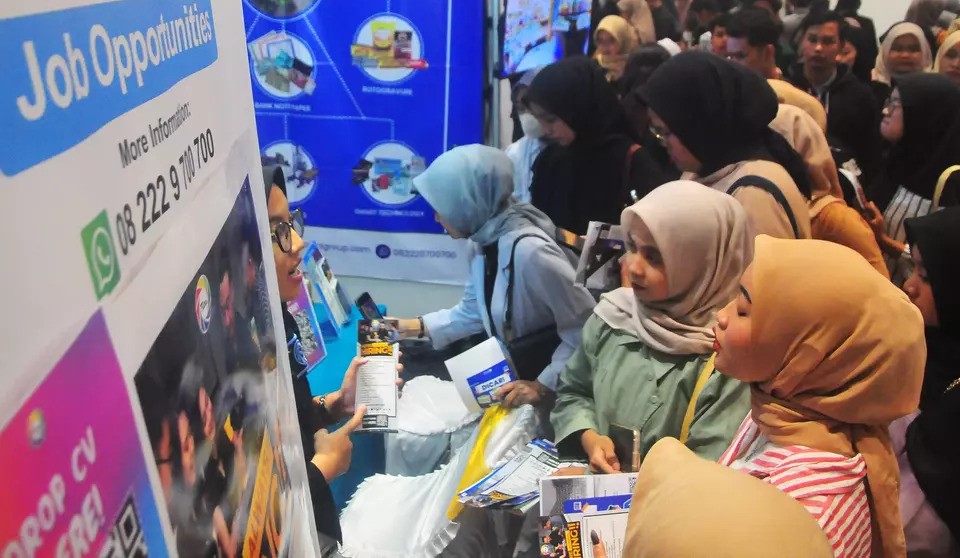Jakarta. Indonesian universities continue to lag behind ASEAN peers in global rankings, with an expert calling for stronger international partnerships and English language training to boost competitiveness.
According to the latest QS World University Rankings 2025, Universitas Indonesia (UI) ranks 206th with a score of 45.7, while the National University of Singapore (NUS) leads the region at 8th globally with a score of 93.7. Singapore’s Nanyang Technological University ranks 15th, and Malaysia’s University of Malaya holds 60th place.
Other Indonesian institutions, including Universitas Gadjah Mada (UGM) at 239th and Institut Teknologi Bandung (ITB) at 256th, remain outside the top 200—a stark contrast to their ASEAN neighbors and a reflection of broader challenges in Indonesia’s higher education system.
Sanjay Sarma, CEO of the Asia School of Business, suggests that closing this gap requires building global partnerships and supporting credit transfers for international studies.
“Strong partnerships, exchange programs, and international internships are critical for raising international awareness,” Sarma told the Jakarta Globe. He also advocated for increased English language training and collaboration projects, even for students who remain in Indonesia.
According to data released by the Educational Testing Service (ETS), Indonesia’s average TOEFL score in 2021 was 489, surpassing Japan (473) and Thailand (440). However, it remains lower than some other Asian countries. The highest average scores were recorded in the Philippines (570), followed by India (559), Malaysia (566), South Korea (509), and Taiwan (489), which is on par with Indonesia.
International engagement brings diverse perspectives, drives research, and fosters an innovative campus culture, Sarma explained. These elements attract high-quality faculty and research opportunities, factors that directly impact global rankings. He recommended research partnerships, joint degree programs, and faculty exchanges.
“Research collaborations could boost publication rates and access to advanced methodologies, while student exchanges expose students to varied educational settings.
According to Sarma, the Indonesian government could play a role in advancing these initiatives by offering scholarships, grants, and simplifying credit transfer processes. Policies to support international partnerships and English-language training would better prepare students for an interconnected job market.
With growing demand for skills in AI, data science, and cross-cultural communication, Sarma said that cross-border programs provide Indonesian students with valuable technical expertise and adaptability, giving them an edge in the global workforce.
He stated that countries like Singapore and Malaysia have enhanced their academic standings through international partnerships and English-language programs. Expanding international exposure for students and faculty, Sarma said, will be essential for Indonesia to achieve regional and global competitiveness.
Originally published by Jakarta Globe.





